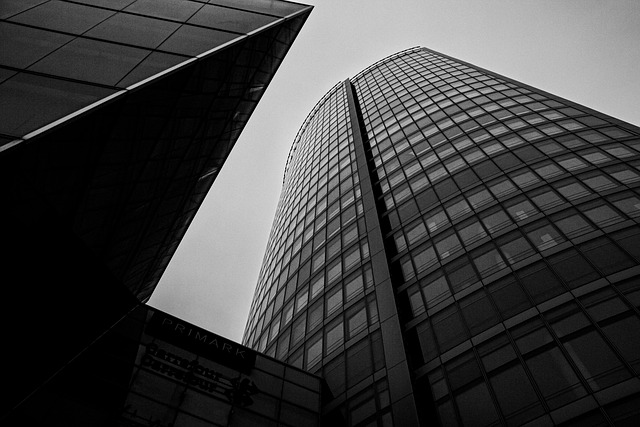Karachi, Pakistan's economic hub, boasts a complex yet vital transportation network crucial for understanding its bustling metropolis. Modern expressways and well-connected roads facilitate efficient movement during peak hours, when Karachi's streets buzz with activity. This infrastructure is essential for economic growth, daily commutes, and urban planning, supporting both residents and businesses. Despite challenges like lack of integrated planning, inadequate maintenance, and rapid urbanization, Karachi aims to revolutionize its transport sector through expressway expansion, advanced technologies, and efficient public transportation systems like BRT and metro rail. These developments promise improved mobility options, enhanced quality of life, and accelerated economic expansion for the vibrant city.
“Karachi, Pakistan’s economic powerhouse, faces distinct challenges in its transportation network. Understanding the city’s current infrastructure is key to unlocking its potential. This article delves into Karachi’s complex web of access routes, highlighting the pressing need for efficient express ways. We explore the existing issues plaguing the infrastructure and present innovative solutions proposed for development. By examining these strategies, we forecast the transformative impact on the city’s growth and connectivity.”
- Understanding Karachi's Transportation Network
- The Need for Efficient Access Routes
- Current Challenges in Express Way Infrastructure
- Proposed Solutions and Future Developments
- Benefits and Impact on the City's Growth
Understanding Karachi's Transportation Network
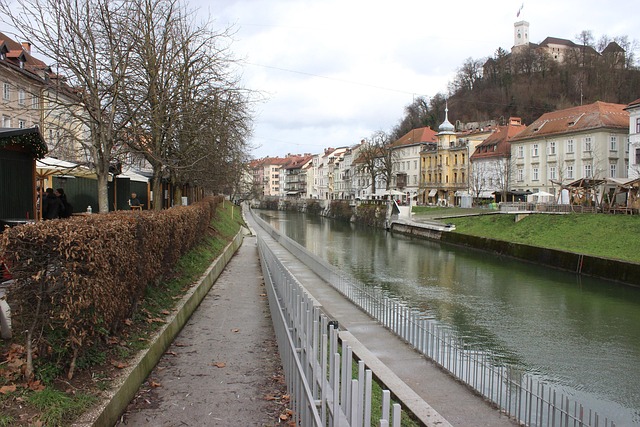
Karachi, Pakistan’s financial hub, boasts a complex and ever-evolving transportation network that is vital to its bustling metropolis. Understanding this network is key to navigating the city’s diverse and dynamic landscape. At the heart of it lies a well-connected road system, including express ways, which serve as arteries facilitating movement across the urban area. These highways are designed to accommodate high volumes of traffic, providing efficient access to various parts of Karachi.
The city’s transportation infrastructure is a symphony of modern express ways and traditional routes, both playing crucial roles in shaping Karachi’s accessibility. Express ways, with their dedicated lanes and controlled access, ensure swift travel for residents and visitors alike, especially during peak hours when the streets buzz with hustle and bustle. This efficient network supports the economic growth and daily commutes of Karachi’s folks, making it a game-changer in terms of connectivity within the city and its surrounding areas.
The Need for Efficient Access Routes
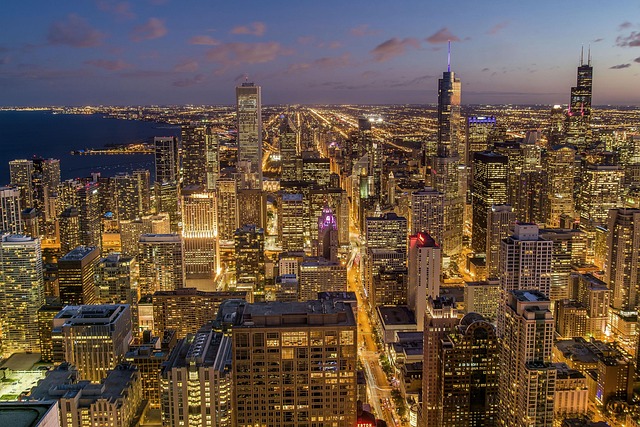
In the bustling metropolis of Karachi, efficient access routes are not just a convenience; they are a necessity for the city’s ever-growing population and its dynamic economy. The need for express way access is driven by several factors. First, it helps to alleviate traffic congestion, which has become a significant challenge in recent years. By providing dedicated high-speed lanes, these express ways enable faster commuting times, thereby reducing frustration levels among residents and improving overall mobility.
Moreover, efficient access routes play a crucial role in fostering economic development. They enhance the logistics of businesses, facilitating smoother movement of goods and services. This is particularly important for Karachi’s vibrant industrial sector and its growing e-commerce industry, which heavily rely on timely deliveries. In terms of urban planning, these express ways also contribute to the development of new commercial hubs and residential areas, creating a more balanced and connected cityscape in Karachi.
Current Challenges in Express Way Infrastructure
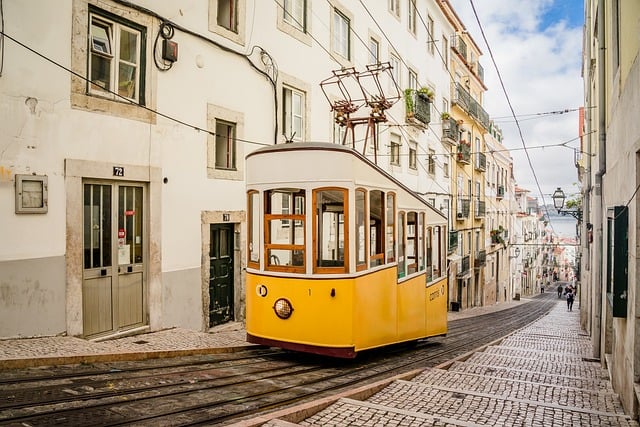
The current infrastructure of express ways in Karachi, while ambitious, faces significant challenges that hinder its full potential to ease traffic congestion and enhance connectivity. One of the primary issues is the lack of integrated planning, leading to a disjointed network of roads that fail to connect major commercial hubs seamlessly. This fragmentation results in longer travel times for commuters, especially during peak hours, when Karachi’s bustling streets witness a surge in vehicle density.
Another critical challenge is the inadequate maintenance of existing express ways. The rapid urbanization and increasing number of vehicles in Karachi have placed immense pressure on these roads, leading to frequent potholes, cracked surfaces, and reduced road safety. Additionally, the lack of proper signage, lighting, and pedestrian facilities adds to the woes, making it less appealing for both residents and visitors to navigate the city’s express way network efficiently.
Proposed Solutions and Future Developments
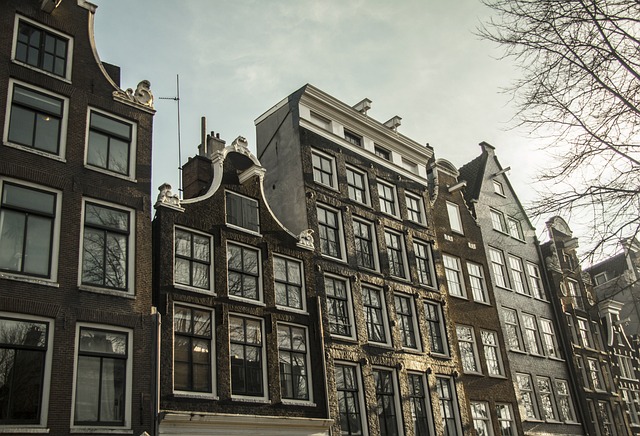
Proposed Solutions and Future Developments in Karachi
To address the growing traffic congestion in Karachi, several innovative solutions have been put forth. One prominent proposal involves the expansion and upgrading of existing expressways, such as the M9 and M10, to enhance their capacity and efficiency. These projects aim to reduce travel times and improve overall road safety by implementing modern traffic management systems and smart infrastructure. Additionally, there is a push for better public transportation networks, including bus rapid transit (BRT) systems and metro rail services, to encourage more people to leave their private vehicles at home.
Looking ahead, future developments in Karachi’s transportation sector promise to be game-changers. The city is exploring the integration of advanced technologies like autonomous vehicles and smart traffic signals to optimize traffic flow. Furthermore, plans are underway to develop interconnected multi-modal transport hubs that will facilitate seamless travel experiences for residents and visitors alike. These initiatives, driven by the need to create a sustainable and livable urban environment, hold the key to transforming Karachi into a bustling metropolis with efficient mobility options.
Benefits and Impact on the City's Growth
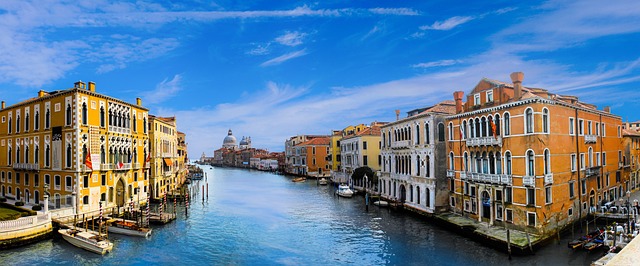
The introduction of express way access in Karachi has brought about a multitude of benefits, significantly impacting the city’s growth and development. By streamlining traffic flow, reducing congestion, and enhancing connectivity, this infrastructure project has not only improved the overall quality of life for its residents but also paved the way for economic expansion. Businesses are benefiting from shorter commute times, increased accessibility, and easier logistics, leading to higher productivity and expanded market reach.
Moreover, the positive impact extends to urban planning and sustainable development. The efficient transportation network is encouraging the growth of satellite towns and industrial zones around Karachi, fostering a more balanced regional development. This decentralization reduces pressure on the city center and promotes a greener, more livable environment. In terms of tourism and trade, the improved connectivity makes Karachi an even more attractive destination, facilitating the flow of goods and people, which is vital for the city’s ongoing metamorphosis into a vibrant, bustling metropolis.
Karachi’s transportation network is undergoing a transformation with a focus on efficient express way access. By addressing current challenges in infrastructure, the proposed solutions promise to revolutionize travel within the city and its surrounding areas. These developments will not only ease traffic congestion but also foster economic growth and urban development. Karachi is poised to experience a beneficial impact as these improvements create a more connected and accessible metropolis.
